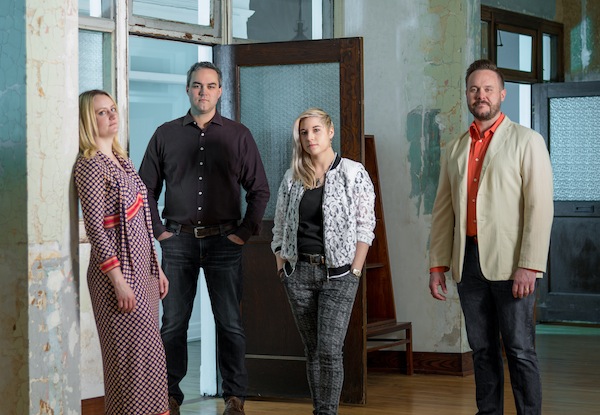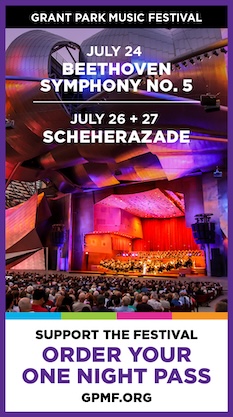Spektral Quartet wraps Schoenberg series with metal virtuosity

How many string quartets are there today that can make late Schoenberg seem like heavy metal?
The Spektral Quartet wrapped its season-long survey of Arnold Schoenberg’s string quartets Sunday afternoon at the Art Institute. It’s a testament to the ensemble’s devoted local following that Fullerton Hall was quite respectably filled for a program that didn’t exactly cater to populist tastes.
Throughout their “In Search of Futures Past,” series, Spektral has paired each Schoenberg quartet with music of composers that either influenced him or that were influenced by him. The series kicked off last fall with his First Quartet paired with Brahms, a major influence on Schoenberg’s development.
Sunday’s program looked ahead to what Schoenberg’s influence hath wrought, preceding his String Quartet No. 4 with music of Elliott Carter and a world premiere by David Fulmer.
Though the verbal program notes made no attempt to link Fulmer’s style directly to Schoenberg or his serial method, it would be difficult to imagine such a work today without the looming, tonality-deconstructing shadow of the Second Viennese School.
Fulmer’s verse, verses is cast in the high-contrast style that Spektral seems to prefer in contemporary fare. The quartet members (violinists Clara Lyon and Maeve Feinberg, violist Doyle Armbrust and cellist Russell Rolen) brought their considerable technical arsenal to this music—explosive tuttis and metallic pizzicato snaps alternated with wispy violin tendrils and fleeting moments of atom-blasted repose. I’m not sure Fulmer’s piece adds up to more than its violently contrasted parts, but, Spektral provided full-blooded advocacy to this premiere and the composer was warmly applauded by the audience.
Although Elliot Carter claimed never to have used a 12-tone row in any of his works, Schoenberg’s serial influence is manifest in Carter’s brand of “metric modulation,” with its highly chromatic style and jumpy, near-constant tempo changes.
Carter’s Fragments Nos. 1 & 2 are less densely argued than much of his late music. The performance of No. 1–written for a deceased friend–conveyed the taut, valedictory stasis with glacial harmonics used throughout, and No. 2 inhabited a similar landscape of dark concentration.
Maeve Feinberg took the first violin chair for these two miniatures, and led the quartet in highly focused, knife-edged performances. It is heartening to see how Spektral’s newest and youngest member has become more fully integrated into the ensemble, playing with bolder tone and greater confidence.
Written in 1936, Schoenberg’s Fourth Quartet is his final work in the genre, the composer’s 12-tone style reaching its mature fruition and here rendered with greater ease and facility.
The Spektral Quartet has clearly grown more comfortable in the composer’s idiom as the series has progressed. The musicians blazed through the Allegro molto opening movement at a lightning tempo that few others would even attempt. Yet even in the composer’s late serial mode, the players conveyed echoes of the late 19th century past–fleeting, broken shards of Romanticism and, in the second movement, ghostly echoes of an off-kilter Viennese waltz, as if glimpsed in a distorted mirror.
With last week’s CSO performance of Mahler’s Ninth Symphony still resonating in the sonic memory, it was striking to note the resemblance of the unison opening of Schoenberg’s Largo movement to Mahler’s Adagio finale. The players charted the progression into more agitated sections against brief passages of introspection, finely reflected in Lyon’s spare, haunted violin solos.
In the closing movement, the alternation of glassy harmonics and heavy-metal virtuosity proved a thrilling wild ride, as exhilarating in its jagged brilliance and 12-tone bravura as any barn-burning Romantic finale.
A superb coda to the group’s ambitious and distinguished Schoenberg series. One looks forward to seeing what the Spektral Quartet will cook up for the 2018-19 season.
Posted in Uncategorized
